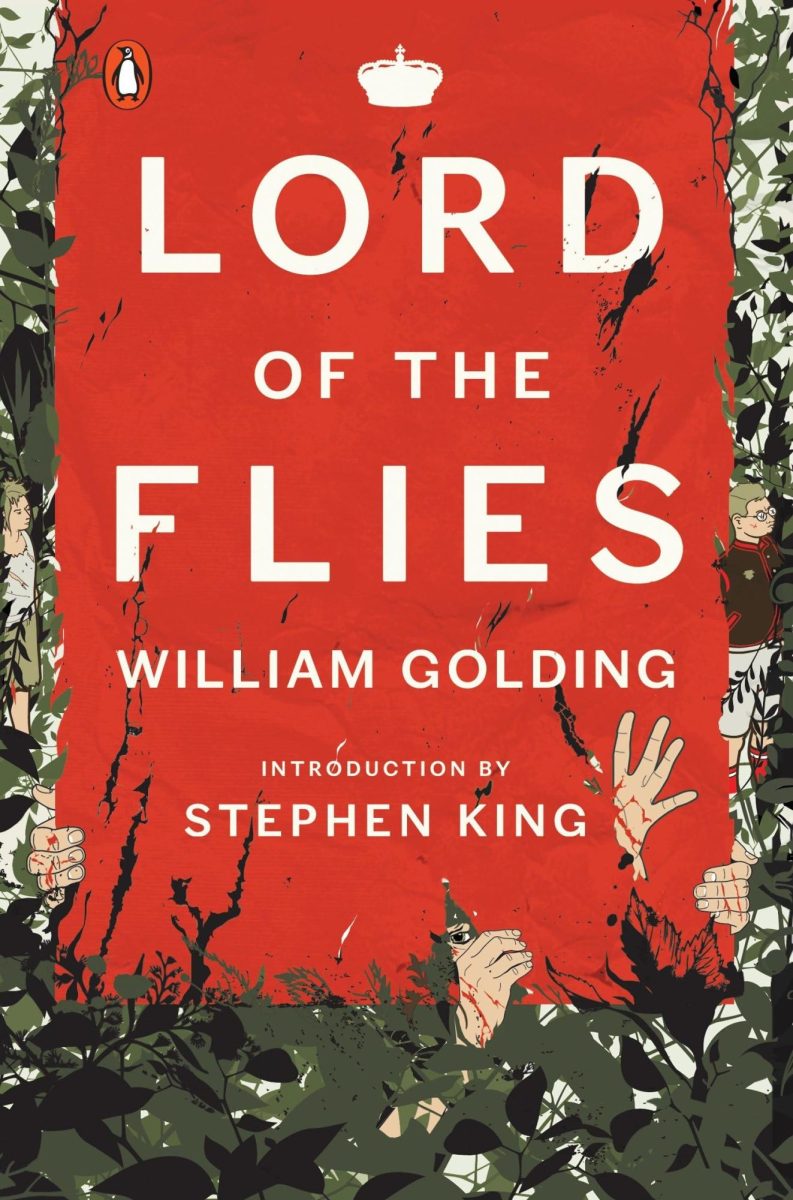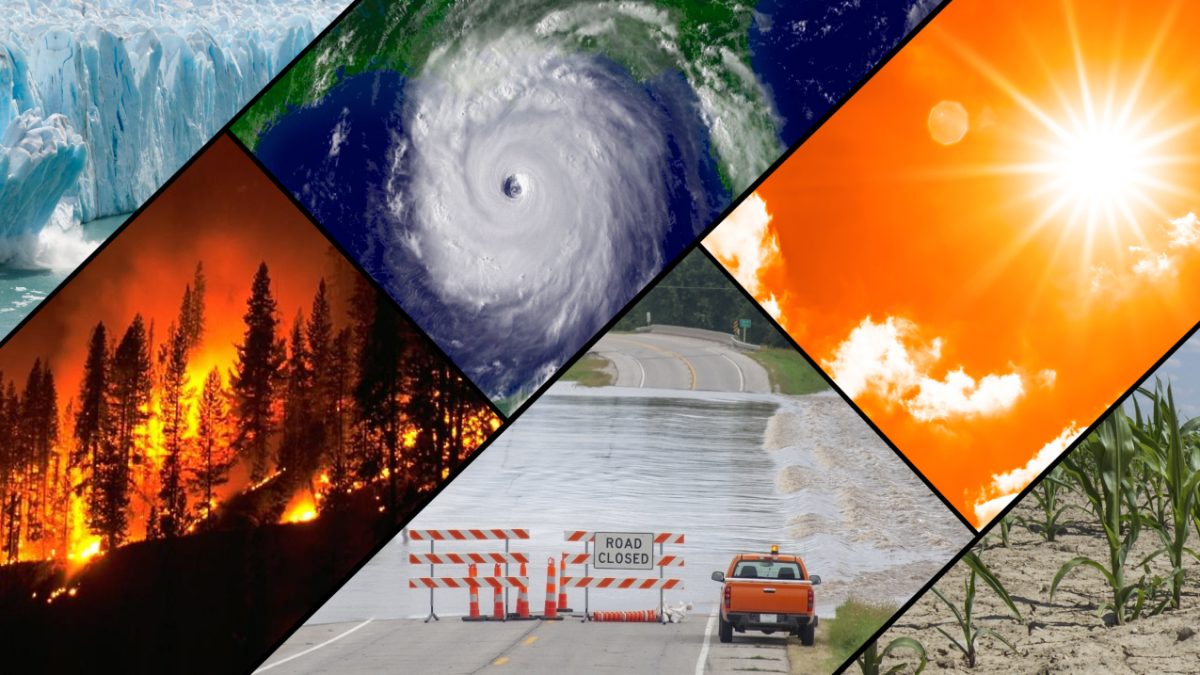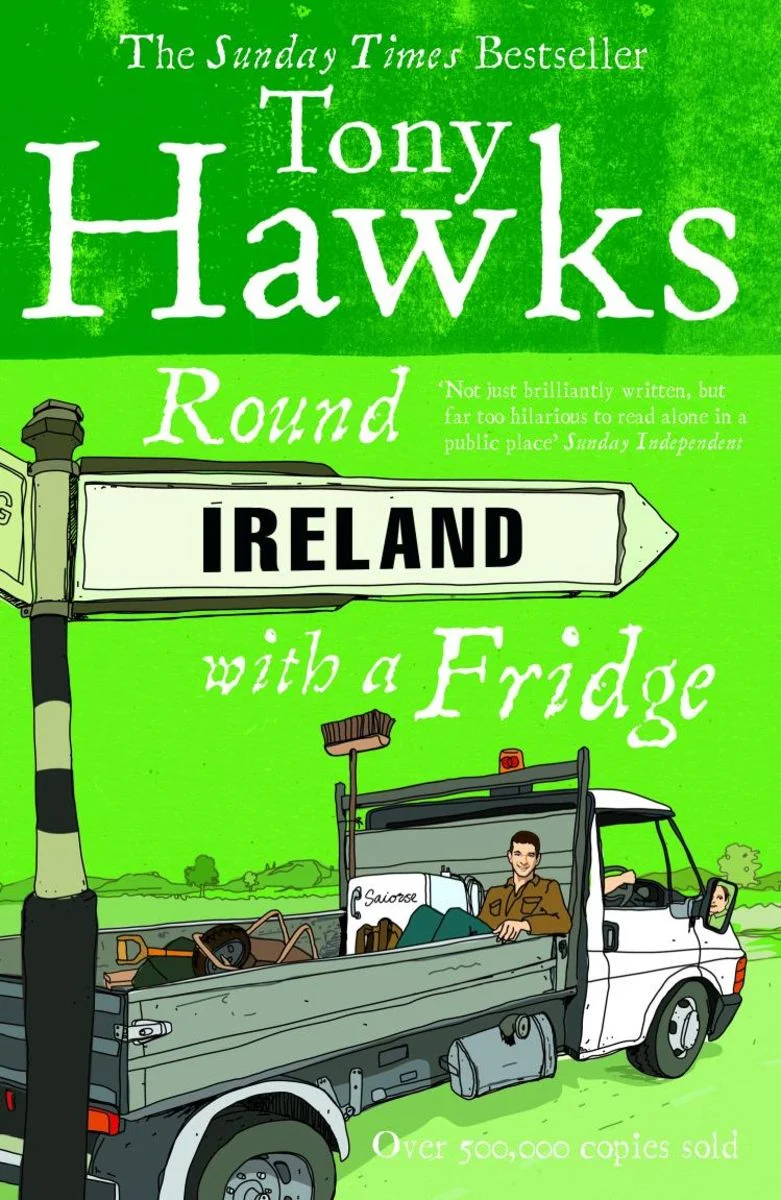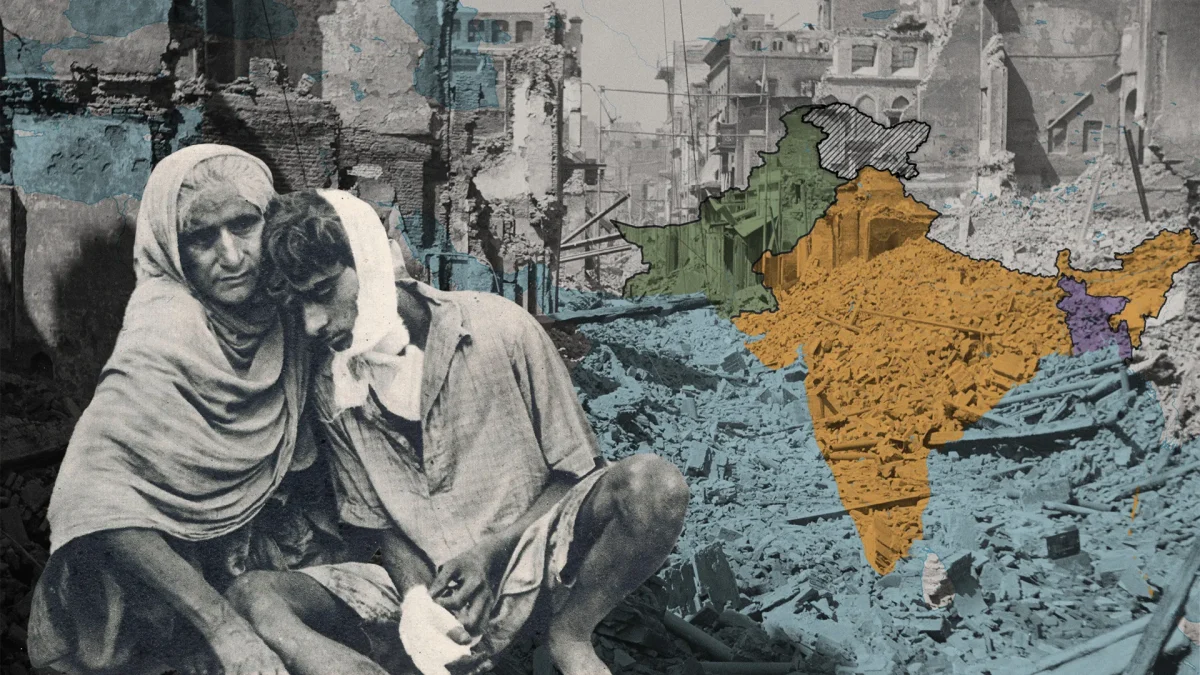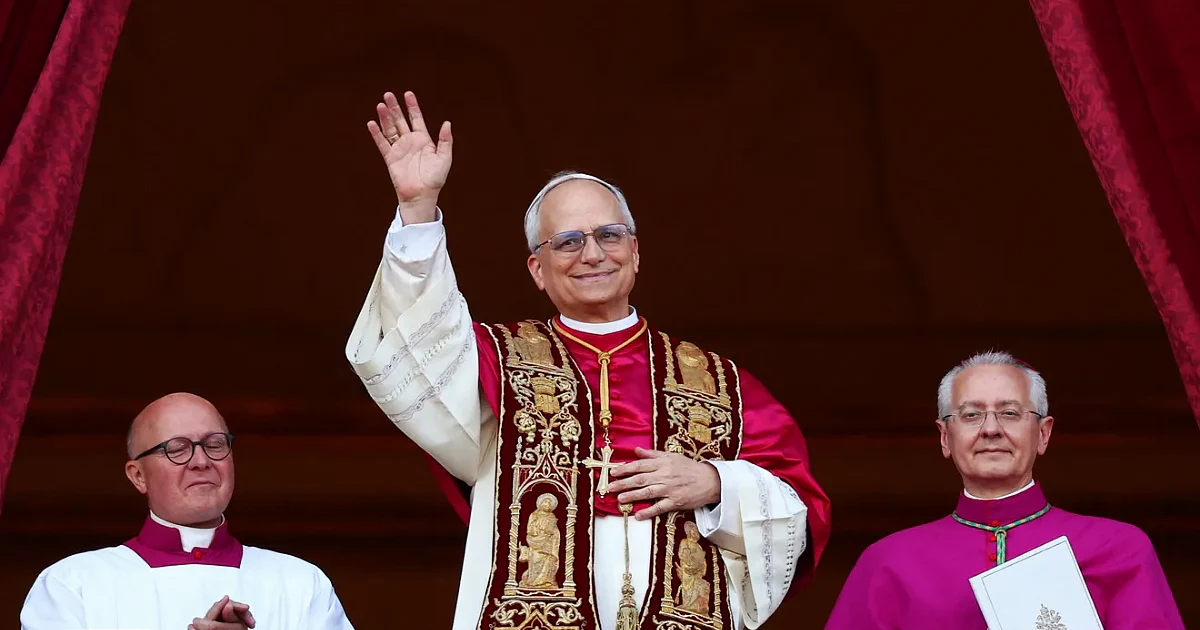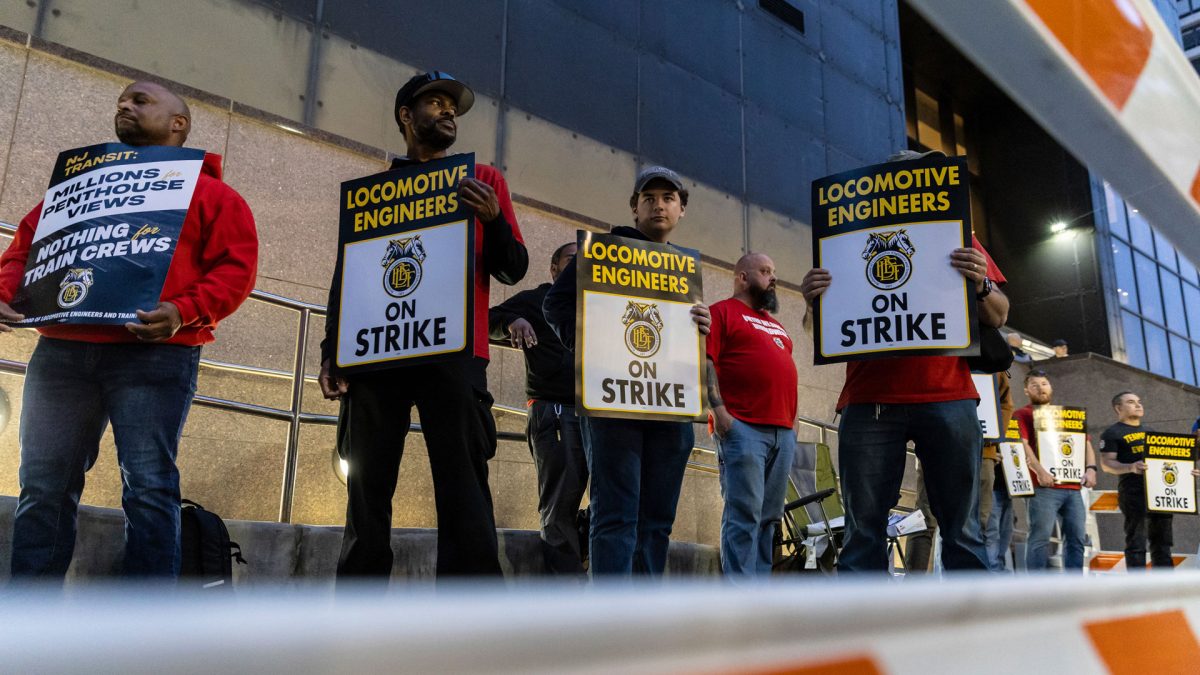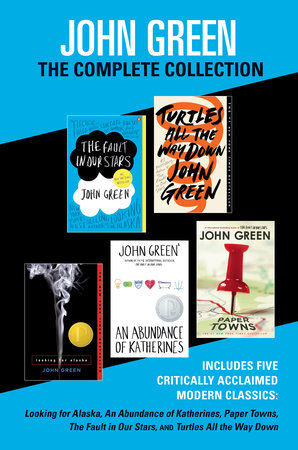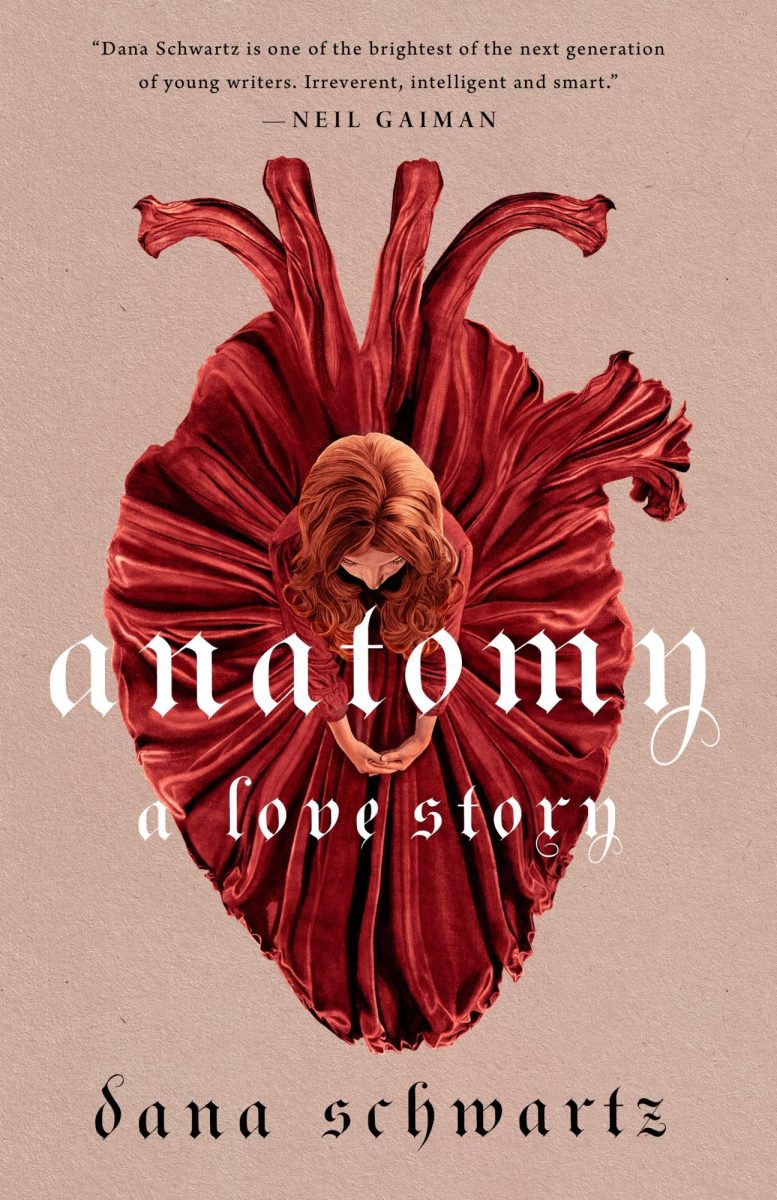William Golding’s Lord of the Flies is a timeless classic that studies the capacity for destruction inside each human being, which remains extremely relevant today. The novel depicts a group of boys stranded on an island who initially try to create a functioning society, but as fear and distrust take hold, their unity falls apart.
At its heart, Lord of the Flies explores what happens when the structures that bind people together begin to crumble. Ralph and Jack, the novel’s central figures, embody opposing forces within human nature. Ralph represents order, collaboration, and long-term goals, striving to build a fair society. Jack, in contrast, symbolizes the pull of power and primal instincts, prioritizing domination and immediate gratification. He aims to gain control over the group of boys by utilizing fear of a mysterious beast on the island. Their conflict is not just personal but philosophical, illustrating the timeless struggle between civility and savagery, which gives the story its lasting resonance.
As a reader, I found myself both mesmerized and unsettled by the novel’s exploration of power dynamics. Golding’s depiction of the boys’ struggle for control feels eerily relevant to today’s political climate, particularly the far-right factions in American society. Like the leaders of such groups, Jack manipulates fear to gain control. Jack and his tribe reject order and civilization in favor of impulsive, destructive behavior. It’s a stark reminder of how easily rational voices can be drowned out when fear takes hold.
Golding’s depiction of leadership highlights the dangers of “charming” figures who prioritize power over the greater good, often exploiting fear and propaganda to gain control. The creation of enemies—real or imagined— fuels division, much like the decomposition of unity among the boys, illustrating how fragile civility can be when confronted with primal instincts.
Golding’s use of symbolism is both subtle and powerful. The island itself, pristine yet increasingly scarred, feels like a version of our society, where beauty and brutality coexist uneasily. The boys’ behavior—alternating between innocent play and shocking cruelty—evokes a heartfelt reaction in me, emphasizing the tension between innocence and savagery.
But what struck me most was how the novel illuminates the allure of power. The boys’ descent into chaos isn’t driven by necessity but by the intoxicating pull of control and dominance. This mirrors modern politicians who weaponize division for personal gain. The boys’ story may be fiction, but it feels alarmingly close to reality.
Golding’s writing is accessible yet layered, making it suitable for a broad audience. It resonates with readers grappling with leadership, morality, and societal structures. Ultimately, Lord of the Flies is more than a tale of boys on an island—it’s an examination of humanity’s darkest tendencies, offering a cautionary tale in today’s fractured world. Golding leaves us with a haunting, unresolved question: cooperation or chaos?
